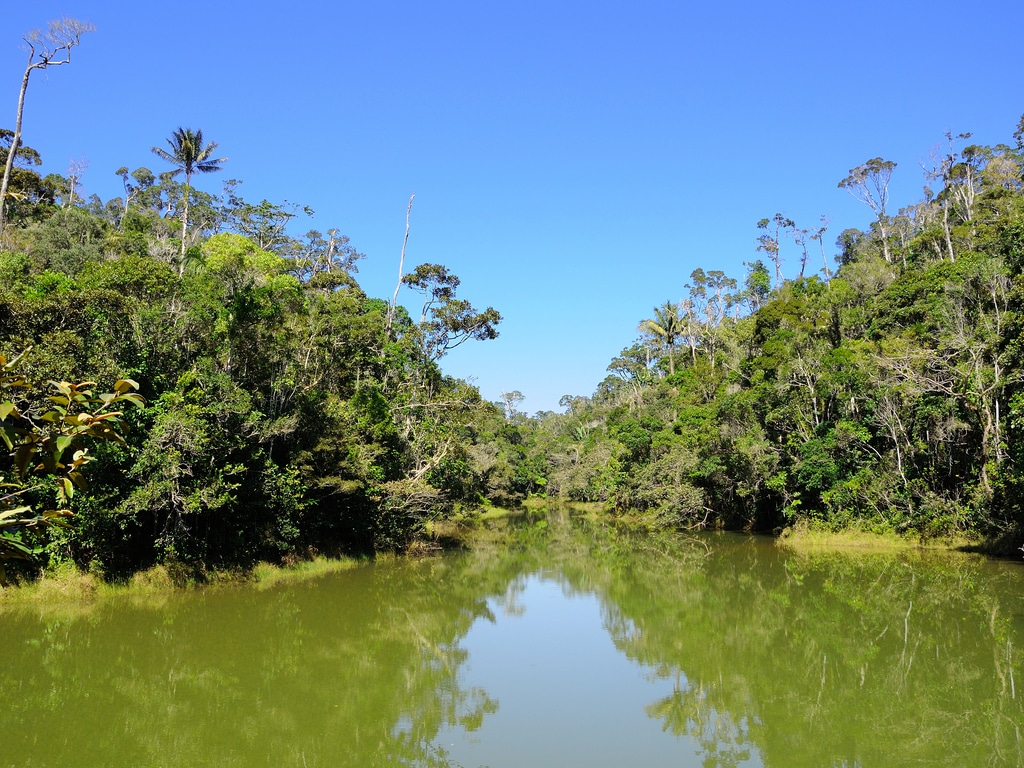The agreement recently signed between World Bank officials and the Malagasy government will enable the release of 50 million dollars. The funding is allocated by the Forest Carbon Partnership Facility (FCPF). Hosted by the World Bank, this fund is the result of a global partnership working to reduce emissions from deforestation and forest degradation, conserve forest carbon stocks and promote sustainable forest management.
In Madagascar, the FCPF will support Madagascar’s CO2 emission reduction programme which aims to increase agricultural productivity and reduce rural poverty while improving soil quality, conserving water resources and protecting forests and biodiversity. The World Bank estimates that this initiative will cover 10% of the island in the Indian Ocean, affecting at least 7 million hectares of agricultural land, particularly in the humid forests in the east of the country.
Agroforestry at the centre of the programme
Eastern Madagascar is home to more than half of the country’s tropical rainforests, which are rich in biodiversity but threatened by agricultural expansion. The World Bank-funded programme will support forest-friendly agroforestry practices such as the cultivation of vanilla, which is “Madagascar’s green gold”, the world’s most expensive spice. The East African country is the world’s leading supplier of vanilla, with production of 2,000 tonnes in 2019.
“The Malagasy government is delighted with the signing of this agreement. It will enable Madagascar to sustainably finance its current policy of regreening the island and restoring forest landscapes, while rewarding local players and territories that contribute to restoration efforts. The Ministry will ensure equity in the redistribution of income and make it a tool for combating precariousness while reducing pressure on the island’s unique biodiversity”, promises Baomiavotse Vahinala Raharinirina, Madagascar’s Minister of the Environment and Sustainable Development.
Madagascar becomes the 5th African country to benefit from ERPA
According to the World Bank, the programme to be implemented by the Government of Madagascar falls within the framework of the Emission Reductions Payment Agreement (ERPA). Madagascar is thus the fifth country in Africa and the eleventh in the world to conclude an FCPF agreement. According to the World Bank, the total contract value of the FCPF’s 11 ERPAs now exceeds US$550 million. ERPAs are instruments that promote sustainable land management and help link countries to other sources of climate finance. ERPAs also benefit the Democratic Republic of Congo (DRC) and Mozambique.
Jean Marie Takouleu
